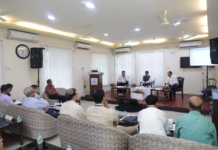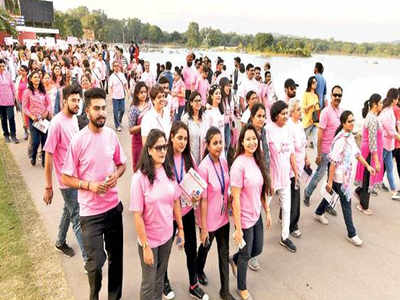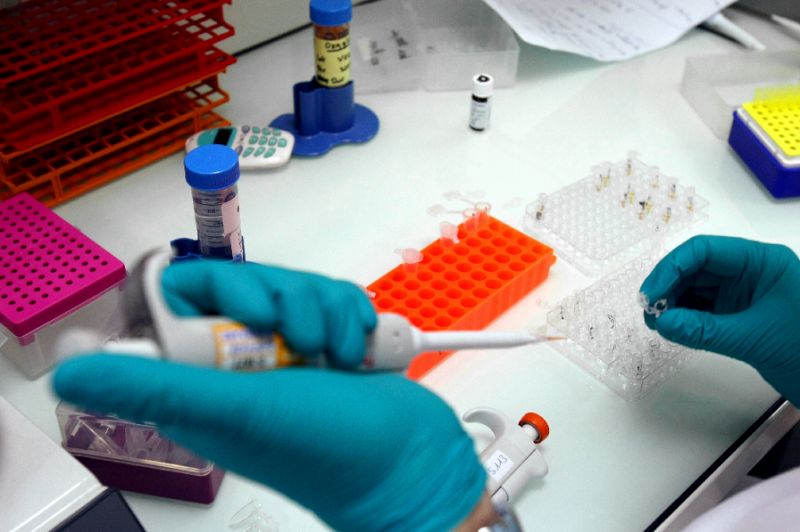Mumbai|HL
Ten women have died in Mumbai in 2015-16 after undergoing tubectomy, the female sterilization surgery that is promoted as safe and one of the most reliable family planning methods by the government.
The information accessed through an RTI revealed that a total of 26 women died in Mumbai over the past five years due to complications of the operation, at times aggravated by their own underlying health problems.
The data furnished by the BMC showed that 18,910 women underwent sterilization between April 2015 and March 2016, a permanent birth control measure, compared with just 810 men who underwent vasectomy during the period. The male sterilization surgery is considered risk-free as opposed to tubectomy that entails general anesthesia and post-surgery hospitalization.
Family planning experts said it only reinforced the fact that prevention of pregnancy remains a woman’s prerogative and that the government aggressively needs to promote safer methods of birth control.
Officials from the BMC’s health department, though, insisted that many of the deaths occurred due to “inappropriate selection of patients”. According to their analysis, at least two of the deceased women had rheumatic heart disease that probably added to post-tubectomy complications. In another case, the women had a congestive cardiac failure where the heart’s pumping capacity collapsed due to excessive fluid buildup. Septicemia or blood infection was responsible for at least three deaths. While in another two deaths, low-lying placenta, a known pregnancy complication, emerged as the cause.
A senior BMC official told TOI: “The deaths are unfortunate but they cannot be attributed to the tubectomy surgery alone. In most cases, the women had underlying health complications that worsened soon after the sterilization procedure.” The official added that 26 deaths out of over one lakh successful sterilization surgeries should not deter women from considering it as an option.
Activist Chetan Kothari, who had filed the RTI, though, said the deaths were “not justifiable” and also questioned why only women in public hospitals were victims. Gynecologist Dr Duru Shah said women in the private sector are mostly offered non-surgical methods now. “The available basket of contraception is vast and varied now. We have advanced intrauterine devices (IUD) that can work for up to ten years.There are progesterone injections that can work for up to three months without any side effects. Oral contraceptives and condoms are anyway widely preferred so why subject any woman to the unnecessary complications of a surgery ,” she said.
Reversal of tubectomy is also a major procedure.
While there is a wide-spread belief that the overworked public hospitals seldom explain or offer all options to women, experts such as Dr Arun Nayak, professor of gynaecology at Sion Hospital that carries out the highest number of deliveries in the city, beg to differ. “A lot more women in the public sector are warming up to IUD devices lately because we tell them and explain the pros and cons,” he said. The BMC official, too, said that more than 2,000 women have already been inserted with the device this year. It was introduced in the public sector around two years ago.
The numbers also suggest that there has been a 10% dip in the number of women opting for tubectomy in 2015-16.
Vishwanath Koliwad, a consultant with the Family Planning Association of India (FPAI), blamed lack of political commitment towards family planning. “In reality , most contraceptives are available to the consumers, except for the injectable. But there is little awareness about other methods apart from sterilization,” he said.
Inputs;TOI










